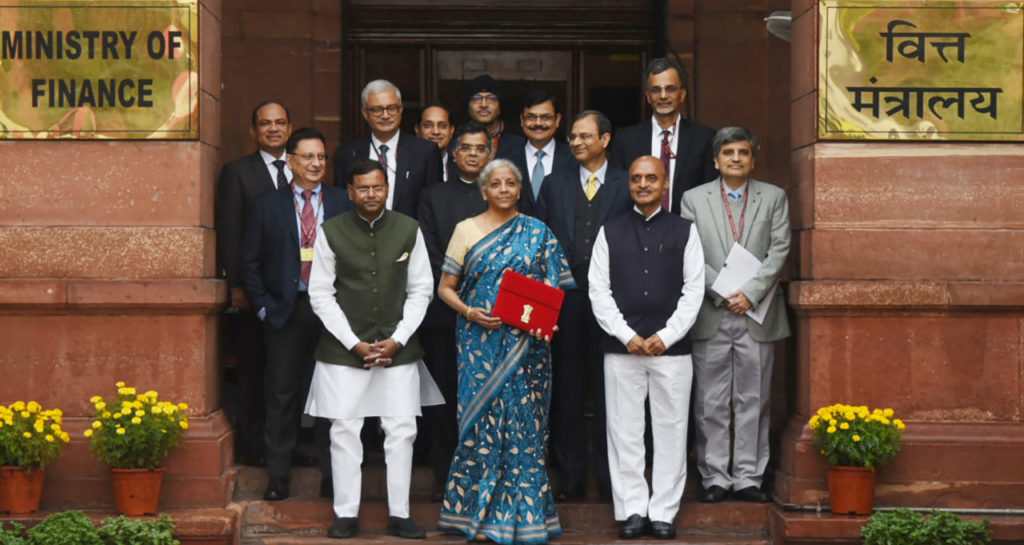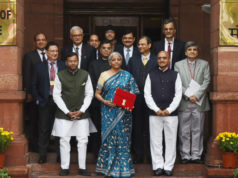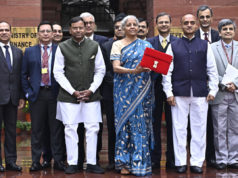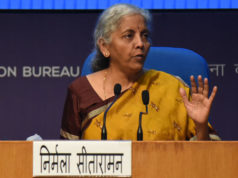
New Delhi – In a pivotal moment aimed at propelling economic growth, Finance and Corporate Affairs Minister Nirmala Sitharaman unveiled the Interim Union Budget for 2024-2025, showcasing a substantial 11.1 per cent increase in the capital expenditure outlay for the next fiscal year. This bold move, allocating Rs 11,11,111 crore, equivalent to 3.4 per cent of the GDP, underscores the government’s unwavering commitment to sustaining and accelerating economic development.
The surge in capital expenditure follows an impressive tripling of the outlay over the past four years, resulting in a notable multiplier effect on economic growth and employment creation, according to the Finance Minister. This strategic allocation of resources sets the stage for a transformative impact on various sectors, laying the foundation for a robust economic landscape.
As India sets its sights on the fiscal year 2023-24, the economic outlook appears promising, with the Real GDP projected to grow at an impressive rate of 7.3 per cent. This aligns seamlessly with the Reserve Bank of India’s upward revision of growth projections from 6.5 per cent to 7 per cent, fuelled by robust growth in the second quarter of the fiscal year.
Despite facing global economic challenges, India’s resilience shines through, as underscored by positive revisions in the International Monetary Fund’s World Economic Outlook. The IMF projects a growth rate of 6.3 per cent for FY2023-24 and envisions India ascending to the position of the third-largest global economy by 2027. This not only reflects India’s economic prowess but also signifies a growing global confidence in the nation’s potential.
In tandem with the optimistic economic projections, the Interim Budget reveals meticulous fiscal planning for the upcoming year. The estimated total receipts, total expenditure, and tax receipts for 2024-25 stand at Rs 30.80 lakh crore, Rs 47.66 lakh crore, and Rs 26.02 lakh crore, respectively. This demonstrates the government’s dual commitment to fostering economic growth and maintaining fiscal responsibility.
The substantial capital expenditure outlay, coupled with prudent fiscal management, positions India on a trajectory of sustained high growth. Finance Minister Sitharaman’s emphasis on fiscal consolidation, with an estimated fiscal deficit of 5.1 per cent of GDP in 2024-25, reflects a measured approach to navigate economic challenges while adhering to a path of fiscal discipline.
As the nation moves forward, the intricate dance between capital investment, economic growth, and responsible fiscal management forms the core of India’s economic strategy. The bold budgetary decisions not only lay the groundwork for immediate economic stimulus but also contribute to the overarching goal of making India a ‘Viksit Bharat’ by 2047.














